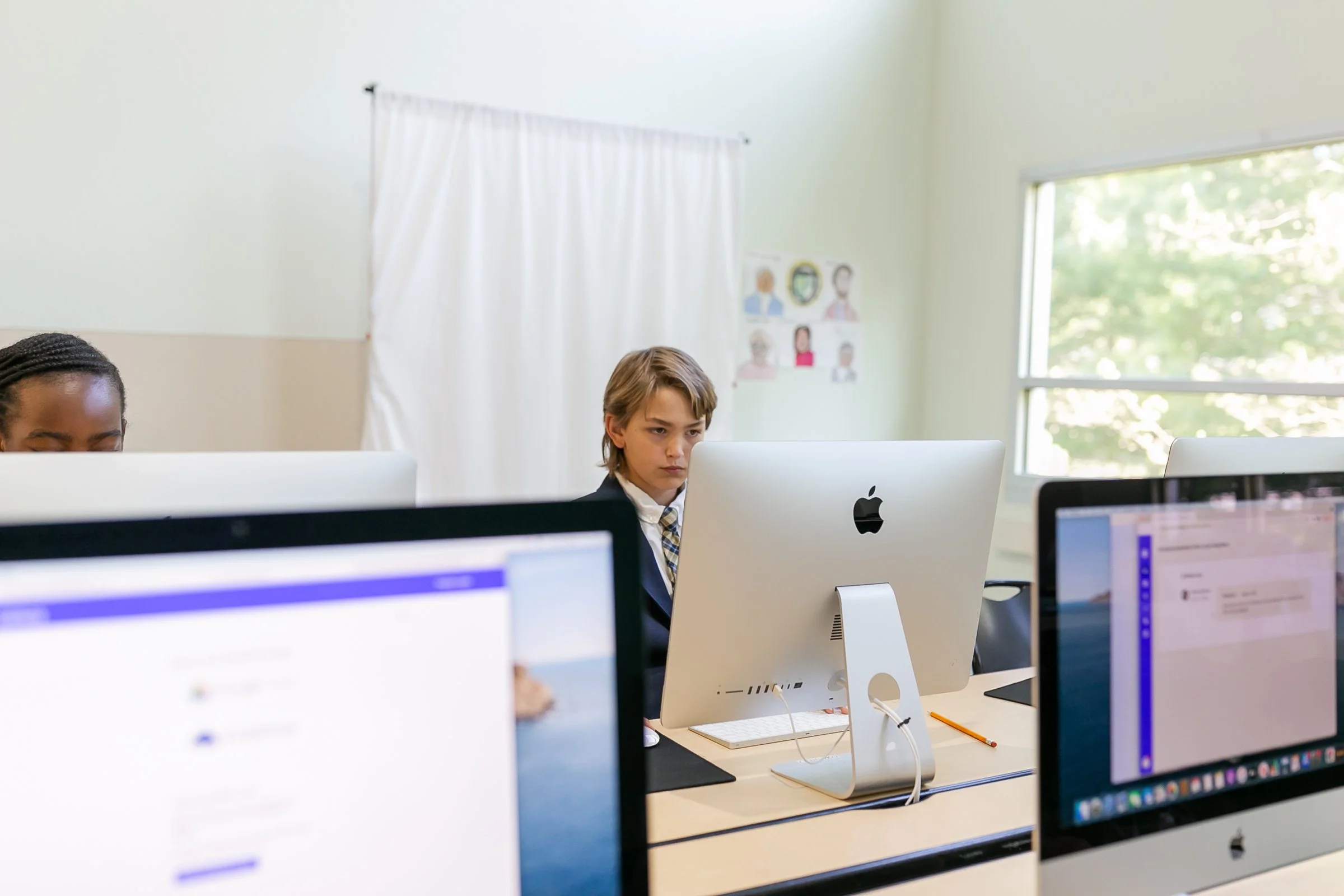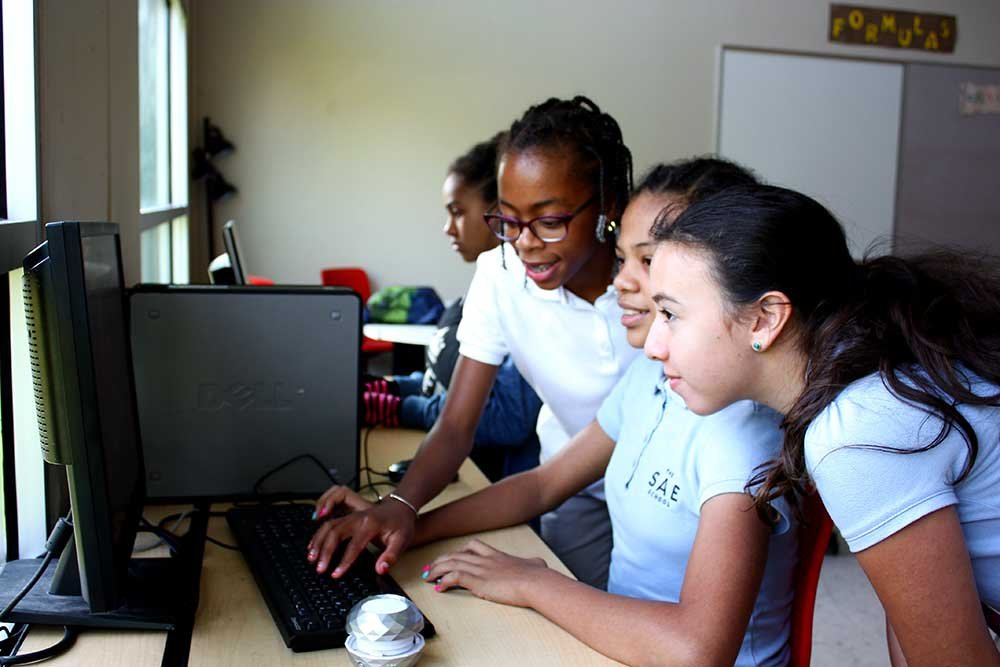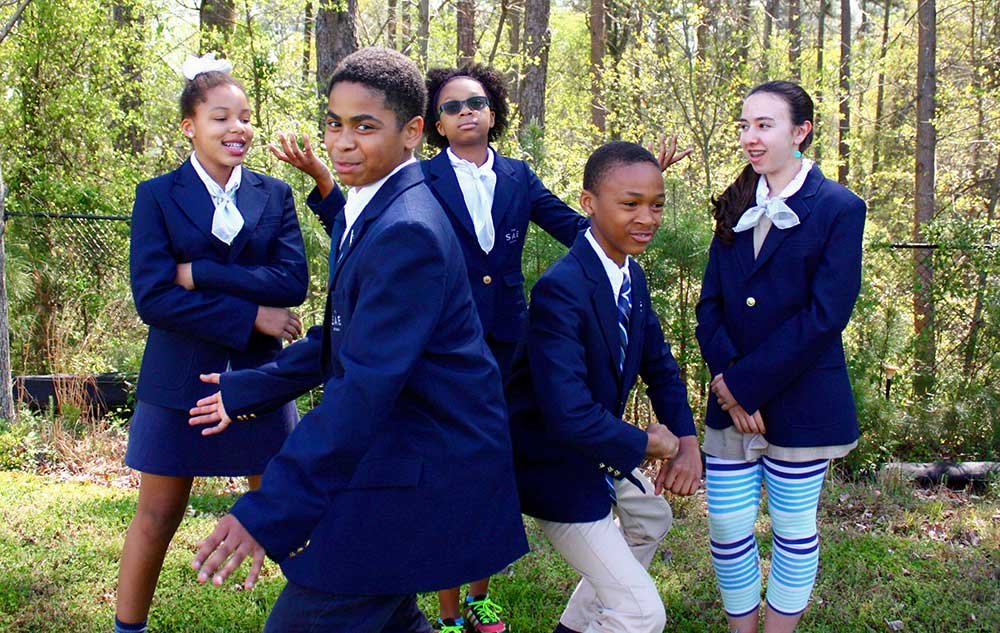
UPPER SCHOOL CURRICULUM
CORE CURRICULUM
The SAE School has partnered with Summit Learning, a research–based approach to education designed to drive student engagement, meaningful learning, and strong student–teacher relationships that prepare students for life after graduation. The curriculum offers students the independence to learn through teacher facilitation and includes the essential components of Project-based learning in each unit with peer collaboration.
-
English Language Arts
• Theme/Central Idea
• Selection of evidence
• Integration of evidence
• Contributing to evidence-based discussions
• Making connections and inferences
• Communicating accurately and precisely
• Narrative
• Organization (transitions, cohesion, structure)
• Informational/Explanatory Thesis
• Oral Presentation
Math
• Place value and decimal operations
• Whole number multiplication and division
• Fraction multiplication and division
• Measurement conversions and fraction operations
• Volume
• Geometry and coordinate plane
Science
• Daily and seasonal patterns
• Gravity
• Matter
• Photosynthesis
Non-Fiction Studies
• The Revolutionary War
• Economics
• Civics and Citizenship
• Geography
Spanish
• Intermediate Spanish vocabulary
• Composing Sentences
• Culture Talks
• Simple conversations
• Reading and Writing
Enrichments
• Music
• Physical Education
• Performing Arts
• Visual Arts
-
English Language Arts
• Argumentative Writing
• Writing for a target audience
• Point of View
• Themes and central ideas of stories
• Plot
• Figurative language
Math
• Arithmetic in Base 10
• Rational Numbers
• Ratios
• Unit Rates and Percentages
• Dividing Fractions
• Expressions and equations
• Area and surface area
Science• The structure of life
• Conservation of energy
• Water and Earth
• Weather and Climate
• Global Climate Change
Non-Fiction Studies
• Ancient Civilizations in Egypt
• Ancient Civilizations in Greece
• Ancient Indian Civilization
• Civilizations in Dynastic China
• Ancient Republic of Rome
Spanish
• Intermediate Spanish vocabulary
• Composing Sentences
• Culture Talks
• Simple conversations
• Reading and Writing
Enrichments
• Music
• Physical Education
• Performing Arts
• Visual Arts
-
English Language Arts
• Theme/Central Idea
• Selection of evidence
• Integration of evidence
• Contributing to evidence-based discussions
• Making connections and inferences
• Communicating accurately and precisely
• Narrative
• Organization (transitions, cohesion, structure)
• Informational/Explanatory Thesis
• Oral Presentation
Math
• Place value and decimal operations
• Whole number multiplication and division
• Fraction multiplication and division
• Measurement conversions and fraction operations
• Volume
• Geometry and coordinate plane
Science
• Daily and seasonal patterns
• Gravity
• Matter
• Photosynthesis
Non-Fiction Studies
• The Revolutionary War
• Economics
• Civics and Citizenship
• Geography
Spanish
• Intermediate Spanish vocabulary
• Composing Sentences
• Culture Talks
• Simple conversations
• Reading and Writing
Enrichments
• Music
• Physical Education
• Performing Arts
• Visual Arts
-
English Language Arts
• Essay Structures
• Defending Theories
• Poetry
• Organizing and editing writing
• Figurative Language
Math (Algebra 1)
• Linear equations, inequalities and systems
• Functions
• Quadratic Functions
• Exponential Functions
• One-Variable Statistics
Science
• Forces and Motion
• Energy
• Earth and the Solar System
• The Universe and Stars
• Types of Forces
• History of Life
• Reproduction
• Natural Selection
• Adaptation
• Electromagnetic Radiation
Non-Fiction Studies
• Revolutionary America
• Early American Geography
• Brown vs. Board of Education
• US Constitution
• Civic Participation
Spanish
• Intermediate Spanish vocabulary
• Composing Sentences
• Culture Talks
• Simple conversations
• Reading and Writing
Enrichments
• Music
• Physical Education
• Performing Arts
• Visual Arts
ENRICHMENTS
Our student’s education extends beyond the classroom. They also participate in daily enrichment classes, which enhance the quality of their educational experience.
-
The Performing Arts program at The SAE School will increase students’ ability to articulate their feelings and speak positively in front of crowds. The students will be involved in free dance, drama, and acting. This helps each student foster their imagination and freedom through movement. Read about our partnership with The Alliance Theatre here.
-
The Visual Arts program at The SAE School gives each student ownership and a voice; they develop confidence, increase their empathy and discover how to look at the world from different perspectives. These skills prepare students to take on the world with passion and creativity. Students use various materials following the elements of art and craft techniques used by notable artists throughout history. Many projects connect with what students are learning in other classes.
-
The Physical Education program at The SAE School allows students to participate in a comprehensive program consisting of skill development, lead-up games, team sports, and physical fitness activities. Students will receive instructions on rules, skills, and strategies associated with multiple sports. The program also promotes cooperation, leadership, sportsmanship, and friendly competition to develop students’ social skills.
-
Spanish instruction centers around a workshop delivery. Students participate in a 15-20 minute lesson with teacher-directed modeling or instruction, then practice listening, speaking, reading, and writing to strengthen their understanding.
-
At the SAE School, robotics is not just a club; it’s a class. SAE is one of the few schools that offers robotics as an enrichment course. Since SAE is a project-based school, robotics is a natural, meaningful, and progressive place for our students to work together. Robotics inspires students to design, create, market, and compete. The SAE School’s team, The DRAGONBOTS, competes in FIRST (For the Inspiration and Recognition of Science and Technology) competitions throughout the school year, where FIRST encourages students of all ages to hone their engineering, public speaking, and competitive skills in a manner that puts ethics and morals at the top of every interaction.
TEACHING METHODS
-
Teachers strategically transfer responsibility in the learning process from teacher to student. The goal of the gradual release model is to provide appropriate instruction, while moving students towards independence.
-
Research suggests that departmentalized instruction is one of the many methods educators implement to provide expert subject area instructors at the elementary grade level.
-
Project-Based Learning (PBL) is a teaching method in which students learn by actively engaging in real-world and personally meaningful projects.
-
Here at The SAE School, we believe that an emphasis should be placed on mastery of standards rather than a student’s behavior. We utilize a simple traditional approach to grading with percentages but offer a clearer understanding of where your child currently performs according to the standard expectations.
UPPER SCHOOL STAFF
-

Chelsey Brown
Upper School Teacher
-

Reggie Brown
Upper School Teacher
-

Brian De Souza
Upper School Math Specialist
-

Jammal McQueen
Upper School Teacher
ENRICHMENTS STAFF
-

Alex Gonzalez
Visual Arts
-

Emmanuel Lartey
Physical Education
-
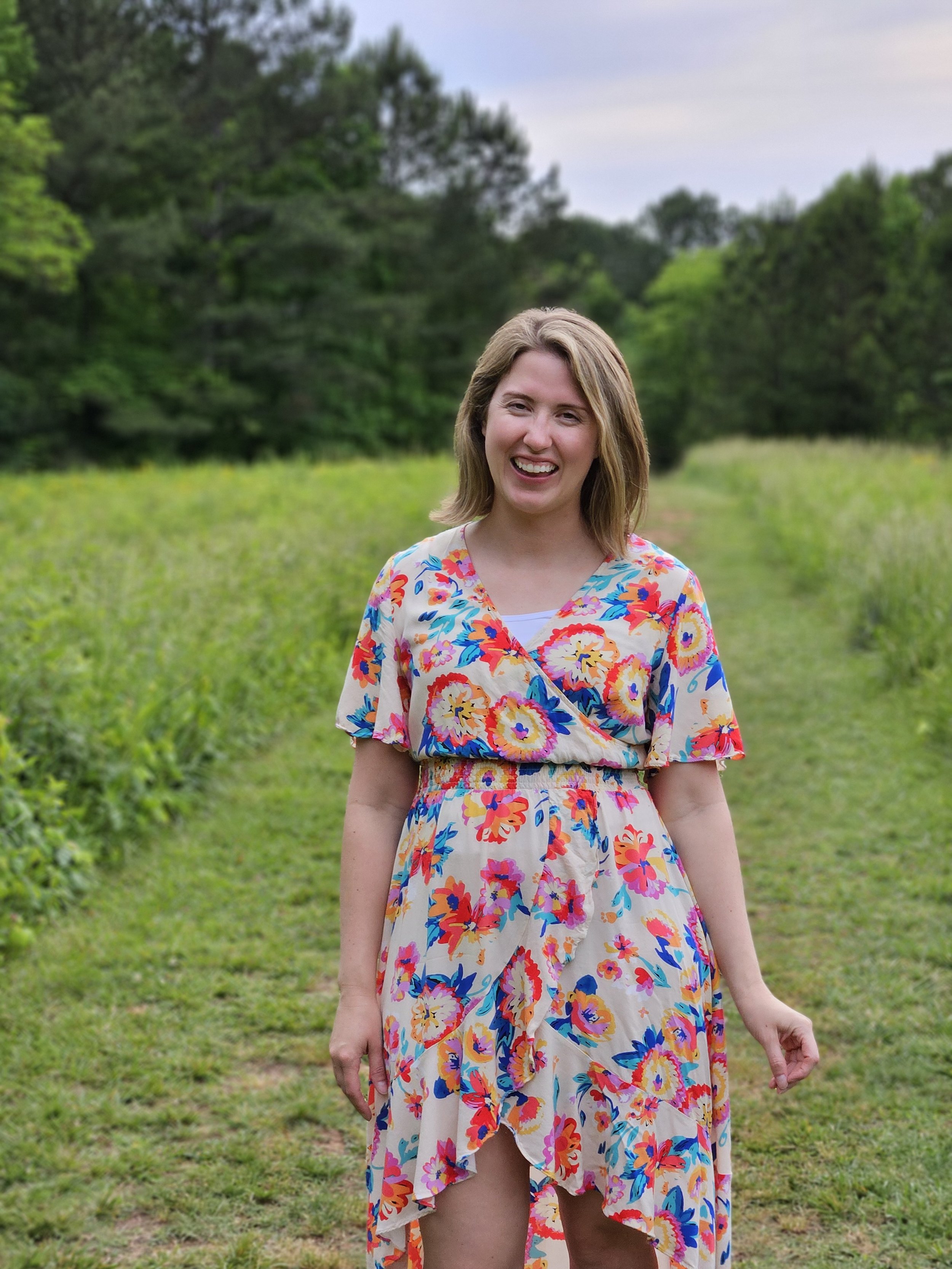
Heather Lidh
Guidance Counselor
-

Jeff Newell
Robotics
-

Ana Santiago
Spanish
-

Mike Ward
Performing Arts/Music
Extracurriculars
DragonU
4:15 PM - 6:30 PM on School Days
Rates
$10/day
or
$100/month
There is a $1/minute fee if you are late to pick up your child
Camps
Available during off-weeks
Rates
$70/day
or
$2500/year*
*when rolled into tuition payments
